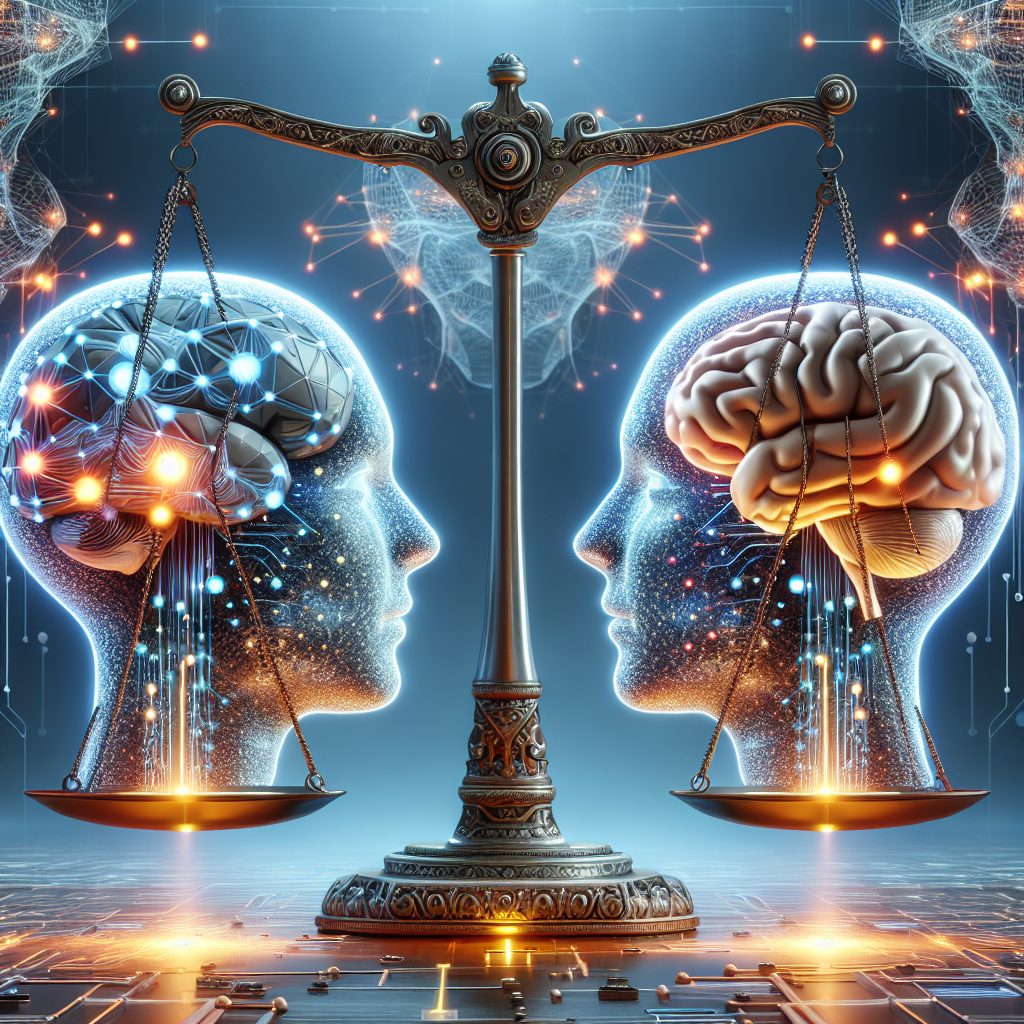Artificial General Intelligence (AGI) has been a hot topic in the field of artificial intelligence (AI) for many years. AGI refers to a type of AI that has the ability to understand, learn, and apply knowledge in a way that is similar to human intelligence. As AGI continues to advance, many experts are raising concerns about how it will impact the future of work and society.
In this article, we will explore the differences between AGI and human intelligence, the potential implications of AGI on the workforce and society, and address some frequently asked questions about this topic.
AGI vs. Human Intelligence
Human intelligence is a complex and multifaceted phenomenon that includes a wide range of cognitive abilities such as reasoning, problem-solving, creativity, and emotional intelligence. AGI, on the other hand, is a form of artificial intelligence that aims to replicate and exceed human intelligence in a variety of tasks.
One of the key differences between AGI and human intelligence is the way they are developed. Human intelligence is the result of millions of years of evolution, shaped by natural selection and environmental factors. AGI, on the other hand, is created by humans through the development of algorithms and machine learning techniques.
Another key difference between AGI and human intelligence is their limitations. While human intelligence is limited by factors such as biology, cognitive biases, and emotional responses, AGI has the potential to surpass these limitations and perform tasks with greater speed, accuracy, and efficiency.
The Future of Work and Society
The rise of AGI has the potential to revolutionize the way we work and live. On one hand, AGI has the potential to automate a wide range of tasks currently performed by humans, leading to increased efficiency, productivity, and cost savings. This could result in the creation of new industries and job opportunities, as well as the elimination of repetitive and mundane tasks.
However, the rise of AGI also raises concerns about the impact on the workforce. As AGI becomes more advanced, it has the potential to replace a wide range of jobs across various industries, leading to widespread unemployment and economic disruption. This could exacerbate existing inequalities and disparities in society, as certain groups of people may be disproportionately affected by job loss.
In addition, the rise of AGI raises ethical and societal concerns about issues such as privacy, security, and the impact on social relationships. As AGI becomes more ubiquitous in our daily lives, it has the potential to gather vast amounts of data about individuals and societies, leading to concerns about surveillance, data privacy, and autonomy.
FAQs
1. Will AGI replace all human jobs?
While AGI has the potential to automate a wide range of tasks currently performed by humans, it is unlikely to replace all human jobs. Many tasks require human creativity, intuition, and emotional intelligence, which are difficult to replicate with current AI technology. However, certain industries and job roles may be more vulnerable to automation than others.
2. What are the potential benefits of AGI?
AGI has the potential to revolutionize industries such as healthcare, finance, transportation, and manufacturing, leading to increased efficiency, productivity, and cost savings. AGI can also help solve complex problems that are currently beyond human capabilities, such as climate change, disease prevention, and space exploration.
3. How can we ensure that AGI is developed ethically?
As AGI continues to advance, it is crucial to ensure that it is developed and deployed ethically. This includes addressing issues such as bias, transparency, accountability, and the impact on society. Governments, industry leaders, and researchers must work together to establish guidelines and regulations that promote the responsible development and use of AGI.
4. What role will humans play in a world with AGI?
While AGI has the potential to automate many tasks currently performed by humans, it is unlikely to replace the need for human creativity, intuition, and emotional intelligence. Humans will continue to play a crucial role in areas such as innovation, decision-making, and interpersonal relationships. It is important for individuals to develop skills that are complementary to AGI, such as critical thinking, problem-solving, and adaptability.
In conclusion, the rise of AGI has the potential to revolutionize the way we work and live, with both benefits and challenges. As AGI continues to advance, it is crucial for society to address issues such as job displacement, ethical concerns, and the impact on social relationships. By working together to develop and deploy AGI responsibly, we can harness its potential to create a more prosperous and equitable future for all.

